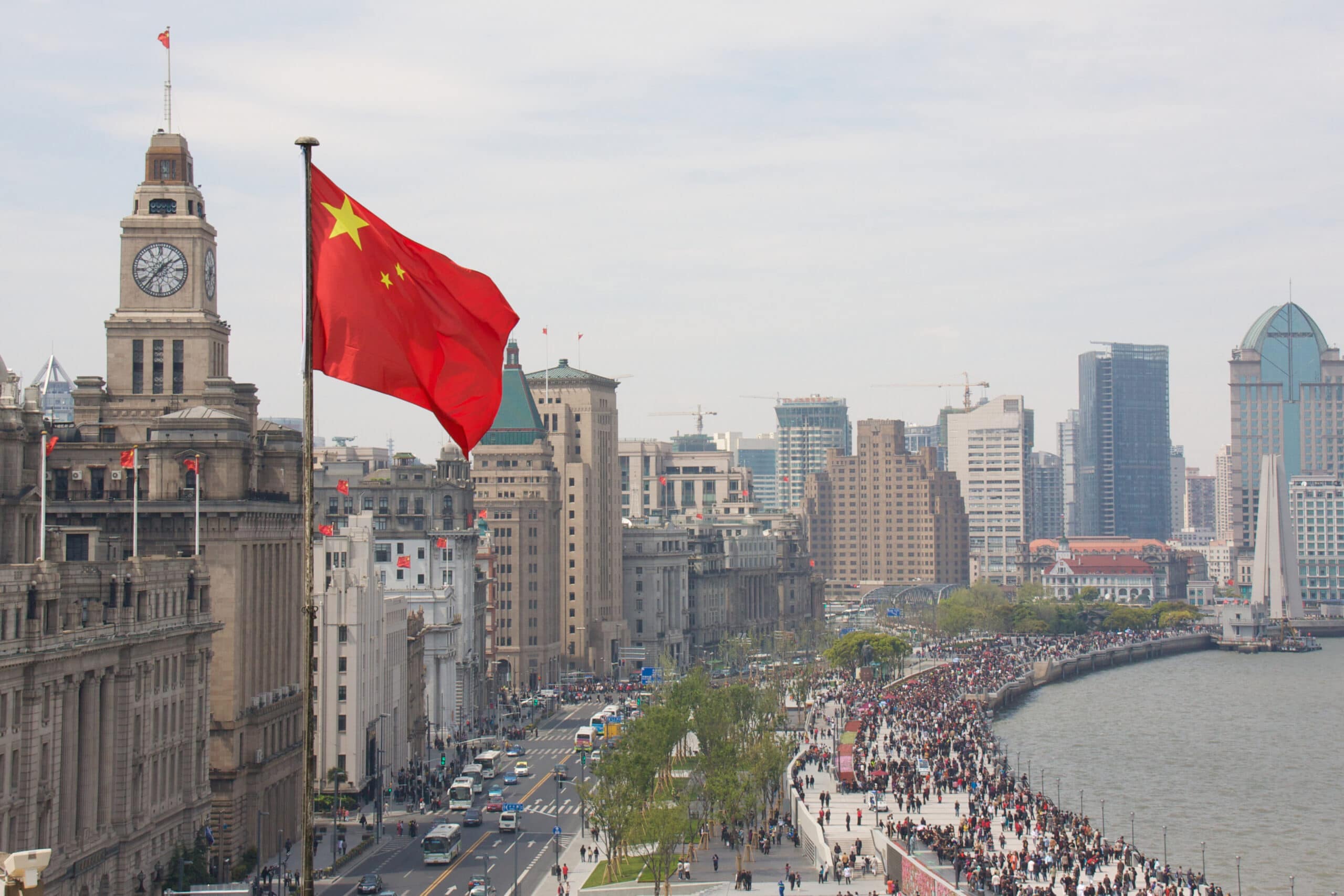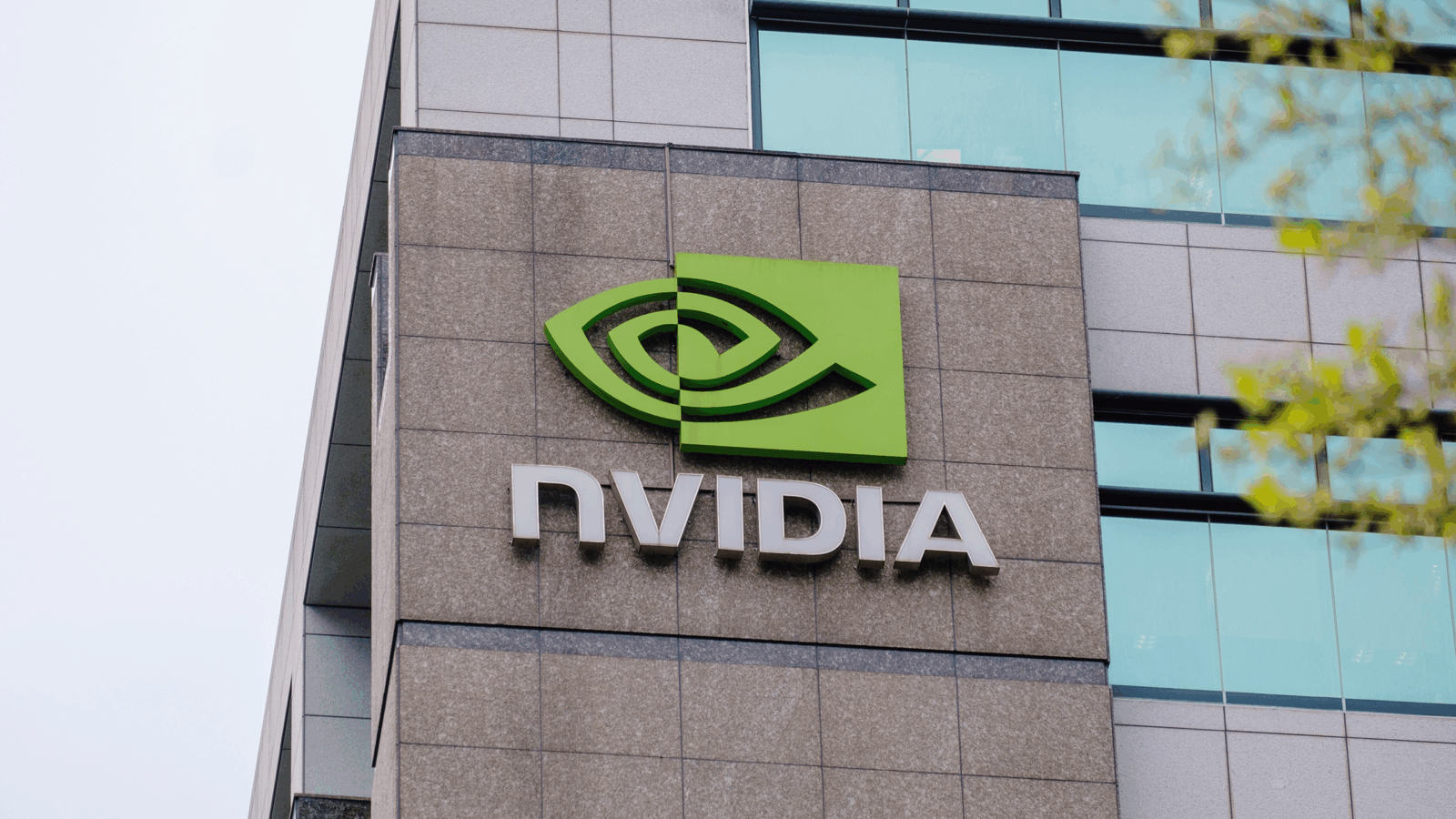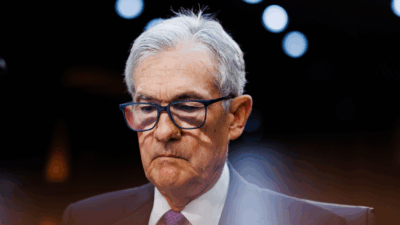
Sign up for smart news, insights, and analysis on the biggest financial stories of the day.
The commercial cold war with China isn’t limited to technology.
China’s stock market has seen 109 initial public offerings so far this year. The number of listing US banks have been involved in? Zero. Zilch. Zippo. In fact, foreign banks’ overall involvement in Chinese IPOs has fallen to the lowest rate on record, according to Dealogic data dating back to 2009, as reported by the Financial Times this weekend.
Forget it Jake, it’s China’s Market
The siloing is the result of a now-yearslong trend. According to Dealogic, foreign banks have been involved in just under $300 million worth of new listings, roughly 1.2% of the $26 billion raised so far. That’s down from last year’s 3.1% rate, the third-lowest on record since 2009, and way down from the nearly one-fifth participation rate in 2019. And even that mark is a significant decrease from the roughly 50% proportion of total listing involvement that foreign banks saw in 2009. “This is the environment that Xi Jinping has created,” Fraser Howie, an independent analyst with expertise in Chinese finance, told the FT.
But the specter of broader geopolitical tensions is only partly to blame. “[It] might just be easier for an issuer not to have a foreign bank and only deal with Chinese bookrunners.” That’s because foreign banks are required to hold multiple licenses to conduct business across multiple sectors, and the steep decline in the past three years can also be attributed to strict zero-covid restrictions that kept foreign entities at a more literal arm’s length away. And compliance is one of a handful of reasons China’s IPO market is starting to feel so exclusive, if not exclusionary:
- For starters, Chinese listings lean way more on retail investors than institutional investors — the pathway that most US and global banks are familiar with. “The business model that the Western banks run, where you sell [shares] to the same 100 or so investors every time, doesn’t work,” one anonymous top executive working in a global bank’s Asian investment division told the FT.
- Bankers say another factor is due diligence, or rather lack thereof. Whereas Western banks are accustomed to, say, contacting a firm’s top 50 clients before an IPO, such a standard doesn’t exist as starkly in China.
Unsocial Networks: While simmering geopolitical tensions aren’t exactly keeping foreign banks out of China, they are placing firewalls around Big Tech. Google, Microsoft, and OpenAI have each limited access to their new AI chatbots in Hong Kong, in fear of their loquacious large language models accidentally spewing talking points that run afoul of the island city’s new pro-CCP national security laws. Meanwhile, a legal fight over censoring a popular pro-democracy song on Youtube could fundamentally alter how Western tech and media companies present content to Hong Kong and Taiwan. Move fast and break things — except authoritarian laws restricting free speech.











